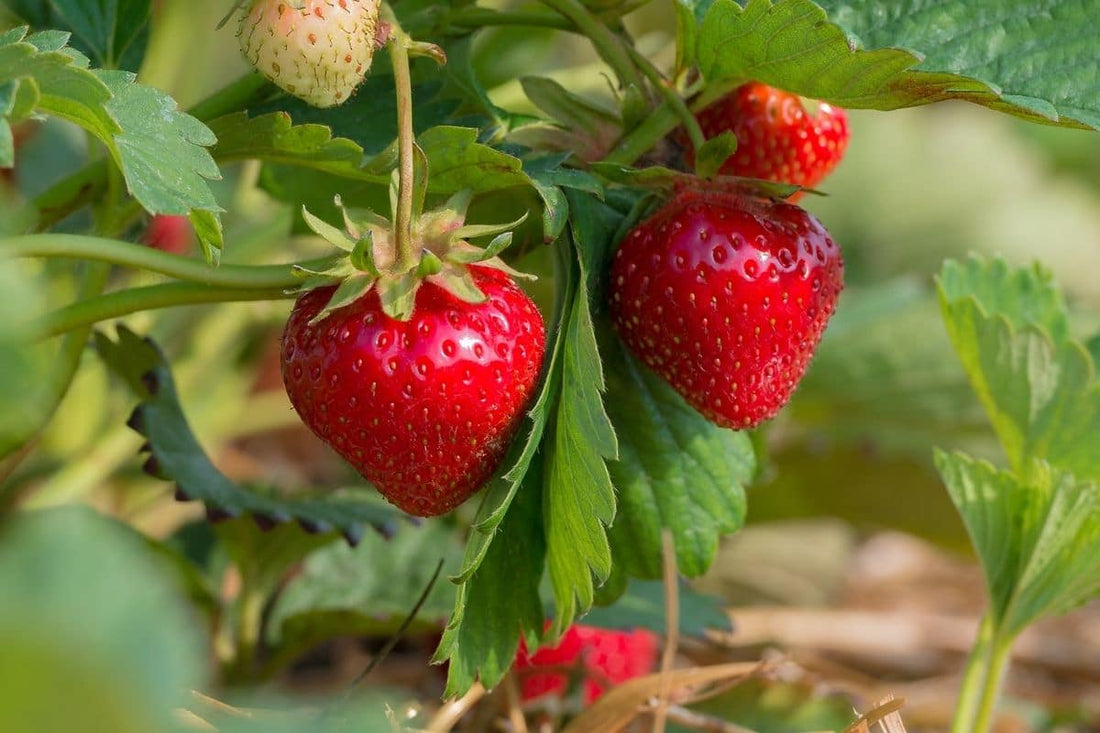Growing Juicy Strawberries: Your Complete Guide

Summary:
- Varieties: June-bearing, Everbearing, Day-neutral, Alpine, etc.
- Sunlight: Requires full sun for at least 6 hours a day.
- Soil: Well-draining, slightly acidic soil rich in organic matter.
- Watering: Consistent watering, especially during fruiting.
- Time to Harvest: Expect ripe berries around 4-6 weeks after flowering.
Introduction:
Discover the joy of growing your own delicious strawberries with this comprehensive guide. From planting to harvesting, let's delve into the world of strawberry cultivation!
Strawberry Varieties:
Explore various strawberry types and choose between June-bearing for a single large harvest, Everbearing for multiple harvests, or Day-neutral for consistent fruiting.
Planting Strawberries:
Set strawberry plants in well-prepared soil with good drainage. Maintain a spacing of around 12-18 inches apart, ensuring the crowns are level with the soil surface.
Soil and Sunlight Requirements:
Provide full sun exposure for at least 6 hours daily. Optimal soil should be slightly acidic (pH 5.5-6.8), well-draining, and rich in organic matter.
Watering and Care:
Keep the soil consistently moist, especially during fruit development. Mulching around plants helps retain soil moisture and prevents weeds.
Pest and Disease Management:
Watch for pests like slugs, birds, and spider mites. Implement protective measures and consider netting to safeguard your strawberry plants.
Harvesting Strawberries:
Gently pick ripe strawberries every 2-3 days, usually 4-6 weeks after flowering. Harvest by pinching the stem above the berry, preserving the calyx.
Culinary Uses and Storage:
Enjoy freshly picked strawberries in various culinary delights or freeze them for future use. Store unwashed berries in the refrigerator for a few days.
Conclusion:
Growing strawberries at home is a rewarding experience. By following these steps, you'll soon relish the taste of your own homegrown, succulent strawberries.

